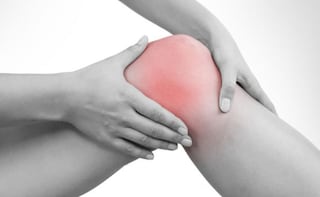Joint pain is one of the commonly experienced issues across the world. While most cases are attributed to wrong posture, weak bones, or lack of nutrients, many other instances of joint pain are the result of some injury or other medical conditions like rheumatism, arthritis, and osteoarthritis among others. While it is imperative to understand the exact cause of your joint pain, it is also essential to have an understanding that dietary choices can also help tame or aggravate your pain. Experts suggest that consuming food items that are inflammatory in nature may add to your ongoing joint pain and can even trigger it if you are susceptible to experiencing it. Adding a host of anti-inflammatory foods items may in turn help bring relief.Foods that Can Trigger Joint Pain
Advertisement
Advertisement
Advertisement
Advertisement
For the latest food news, health tips and recipes, like us on Facebook or follow us on Twitter and YouTube.
Advertisement
